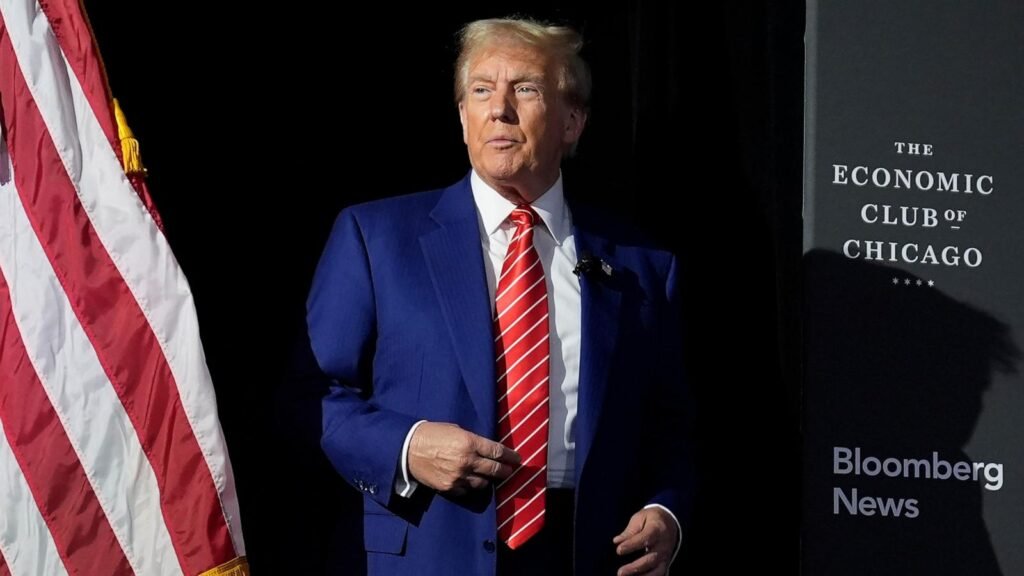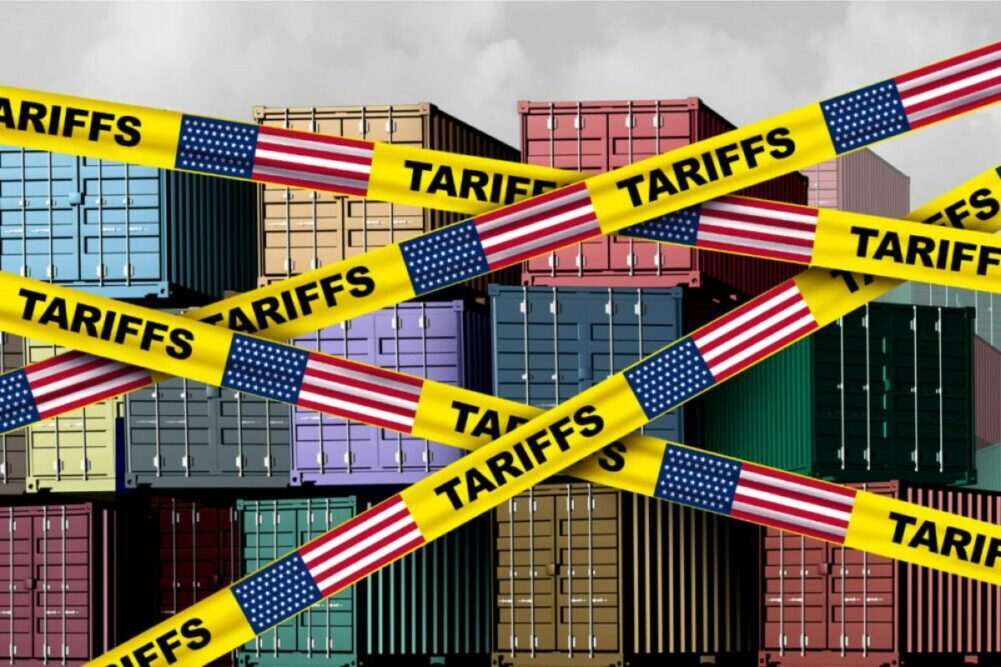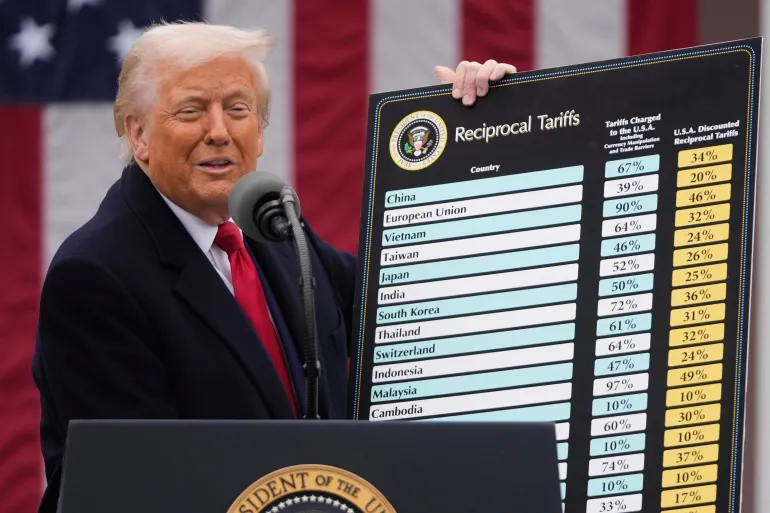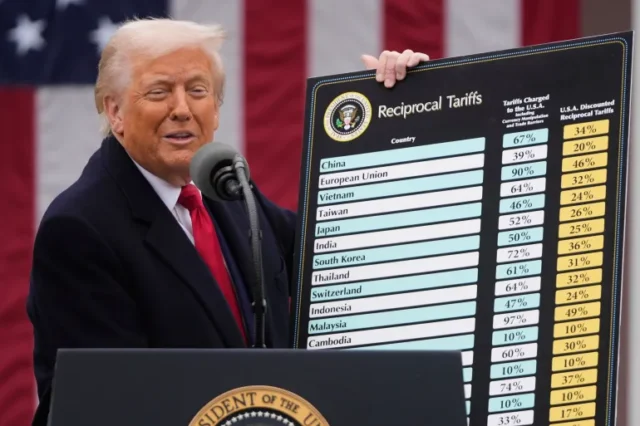From the moment Donald Trump launched his unsteady trade offensive, economists raised red flags: tariffs might not bring the revival of domestic manufacturing that was promised, but they would almost certainly raise costs for consumers.
In fact, a striking shift happened when the U.S. government suspended the so-called “de minimis” rule — previously, packages worth under about US $800 entering the U.S. were tariff-free, a windfall for small online shoppers and hobbyists, according to The Verge. Overnight, items previously exempt were suddenly subject to added fees, prompting many consumers to reconsider even small cross-border purchases.
Here in Nigeria, and across emerging-market importers more broadly, such moves matter: global supply chains ripple, and costs may not always show up immediately — but they will.

Table of Contents
The pain is spreading
Fast-forward, and the outcomes are now emerging. Reports indicate that up to 55 % of the extra tariff burdens implemented under Trump’s regime have been passed on to consumers. But this is only part of the story: even goods made domestically are affected because they rely on imported components, meaning Indian, Chinese, or Mexican-sourced parts raise the cost base for U.S. producers.
Take, for example, U.S. firms such as Orvis and Carter’s — they are already responding. Orvis plans to shut down half its stores by 2026, citing the “unprecedented tariff landscape.” Carter’s similarly flagged the tariff burden as eroding profit margins, forcing store closures and job cuts.
For Nigeria and many other countries south of the equator, the lesson is stark: a tariff regime in one major country doesn’t just stay there. It tangles in the web of global trade, making inputs costlier, supply lines slower, and planning harder for exporters and importers alike.

What’s next on the horizon
As we approach holiday seasons in the U.S. and beyond, supply-chain stress looms large. For example, around 90% of fake Christmas trees are made in China — the risk of shortages, delays or extra cost has been flagged by importers. Meanwhile, the tariffs themselves are under legal fire. The country’s highest court, the Supreme Court of the United States, is scheduled to hear arguments on the legality of imposing such tariffs under the International Emergency Economic Powers Act, rather than going through Congress, per The Verge.
In trade negotiations, a recent example: Trump and China’s Xi Jinping announced a deal that “trimmed” tariffs by about 10 % — yet the base rate remains about 47 %. From the Nigerian business perspective, it means vigilance: even when deals are announced, many variables remain unsettled, and what looks like relief can morph into another cycle of adjustment and cost.
Why this matters for Nigeria—and what to watch
For Nigeria, the ripple effects of U.S. trade policy matter. Whether in local manufacturing, import of inputs, or the cost of finished goods consumed locally, this tariff “shakedown” is part of a larger shift. When tariffs increase U.S. labour or material costs, some manufacturers look outward — to cheaper jurisdictions — or pass the cost on to the consumer. That means Nigerian manufacturers competing in global markets face steeper headwinds.
It also affects domestic consumers: whether buying electronics, clothing, or import-heavy goods, the pressure is real. And while the hail-storm may feel distant, trade-chain latency means delays, shortages or price jumps may surface whenever.
What to watch:
- Monitor your import-cost base: if your inputs come from or transit through the U.S. or U.S.-influenced supply chains, tariff shifts matter.
- Look closely at components, not only finished goods: many items made domestically still use imported parts, meaning cost rises are indirect but genuine.
- Stay alert for legal outcomes: if the Supreme Court strikes down or alters the tariff regime, that could open the door for stronger competition.
- Think globally, act locally: Nigerian businesses should diversify sourcing, reassess supplier risk, and plan for delayed ripple effects of trade-policy shocks.

The “great tariff shakedown” isn’t just an American story—it’s global, with effects felt by Nigerian consumers, manufacturers and entrepreneurs alike. Being prepared means understanding the margins, sourcing smart, and not assuming distance is protection.
Join Our Social Media Channels:
WhatsApp: NaijaEyes
Facebook: NaijaEyes
Twitter: NaijaEyes
Instagram: NaijaEyes
TikTok: NaijaEyes





